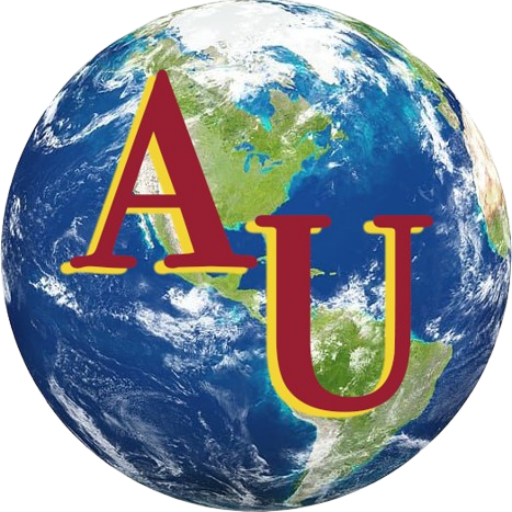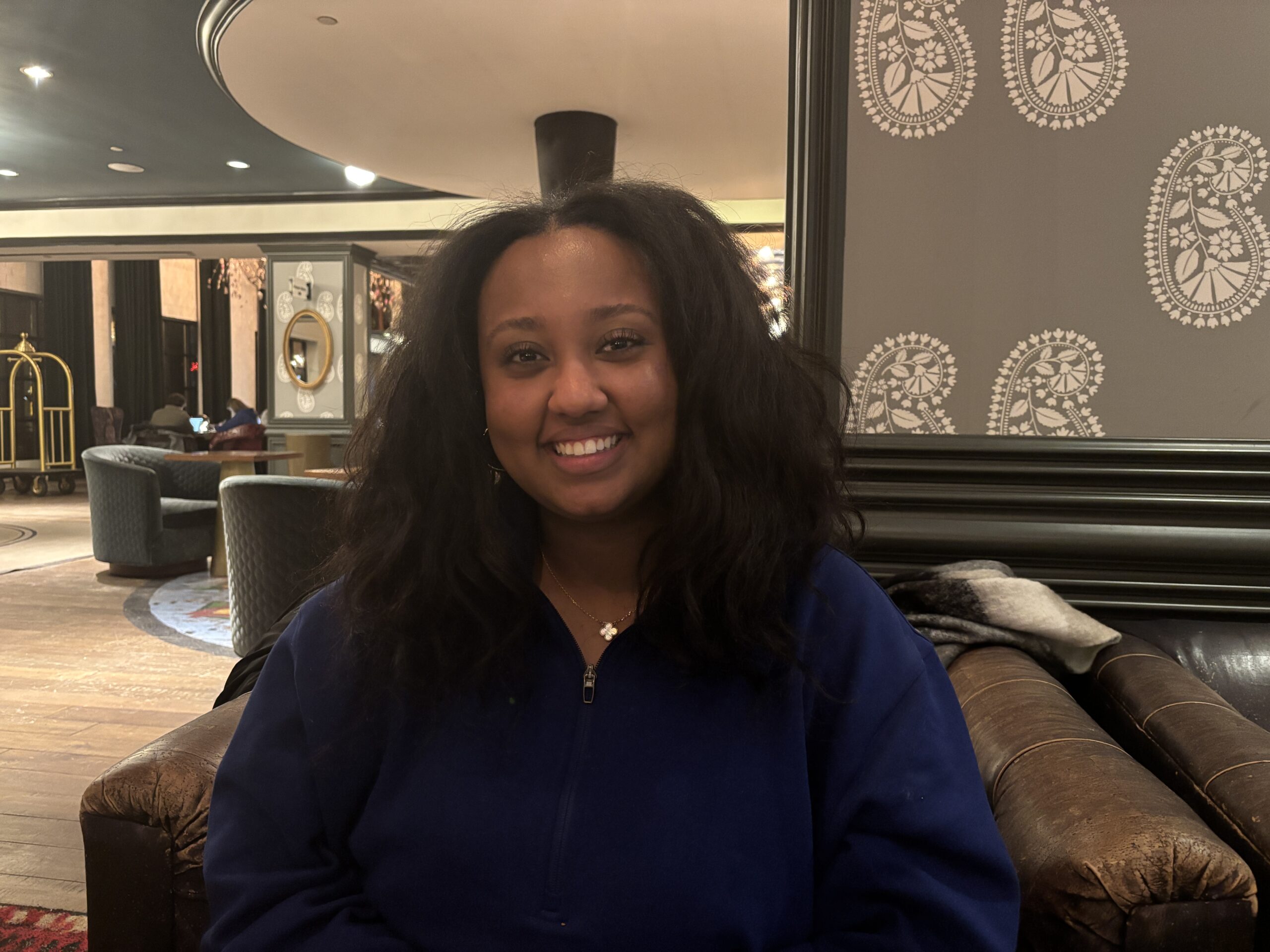Many people born to immigrants grow up feeling the pressure to help their families communicate with society.
Byline: By Emma Ritter
People born to immigrants can often be the bridge between their immigrant parents and a world that may feel foreign, which can include translating for visits or paperwork.
While the task requires balancing the role of translator with their own needs, many say they are happy to help.
Bemnet Tessema, a third-year student studying political science and strategic communications, said her parents are from Ethiopia and their first language is Amharic, the second most widely spoken language in the country. She learned English and Amharic while growing up in White Bear Lake, Minnesota.
“I’m super grateful that my parents were able to teach me it [Amharic] because it goes a long way,” Tessema said. “It’s not just a language. It’s a community.”
When she lived at home, she said she frequently translated for her parents for doctor’s appointments or calls with service companies.
Although her parents know some English, people sometimes try to take advantage of them because they are not fluent, she said.
“My mom recently found out she’s paying for extra phone lines on T-Mobile,” Tessema said. “They take advantage so much, so she asked me to help her figure everything out. I’ve been doing things like that since I was 8 or 9.”

Lilian Nguyen, a fourth-year studying English and journalism, said she translates a lot for her parents who immigrated to the United States from Vietnam in the late 1990s.
“I had to learn about so much at such a young age, like tax documents, billing statements and credit cards,“ Nguyen said. “I just had to grow up faster and make sure my younger sisters didn’t have that same responsibility.”
In high school, she said translating demanded a significant time commitment because financial institutions required her parents’ verbal consent.
”Knowing I would have to go home and make a phone call for them was always in the back of my mind,” Nguyen said.
Nguyen said although her translation responsibilities can be overwhelming sometimes, it has strengthened her relationship with her parents.
“I love them to death, and it brings me closer to them. I like that they know I am there for them and they can reach out to me,” Nguyen said.

Habon Samatar, a third-year psychology student who is fluent in Somali, said she does not need to translate for her parents, who are from Somalia but know English well. But she said she is on hand to translate for extended family members.
“I translate for my grandma, and I work with a lot of Somali families so I translate at work,” Samatar said.
Samatar said being bilingual is an important part of her identity and helps her be an active member of her community.
“It connects you with so many different people, especially in the Somali community,” Samatar said. “We are a very tight-knit community because we have that shared bond and experience of living in America and being Somali.”

